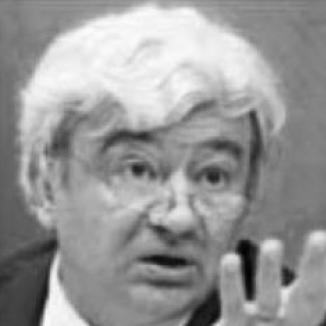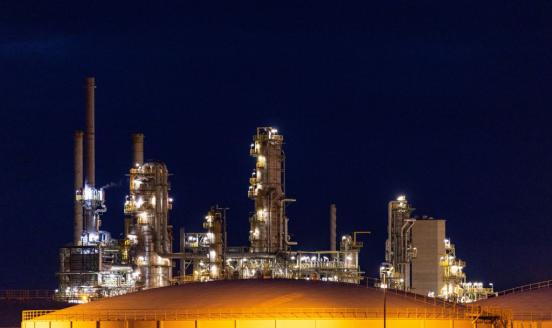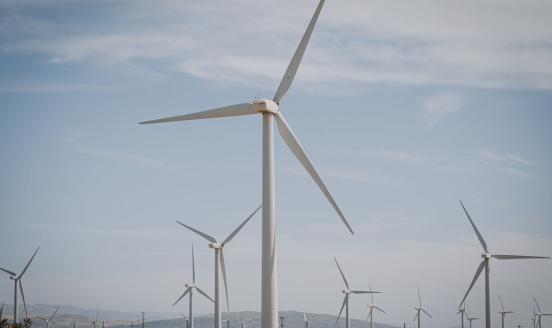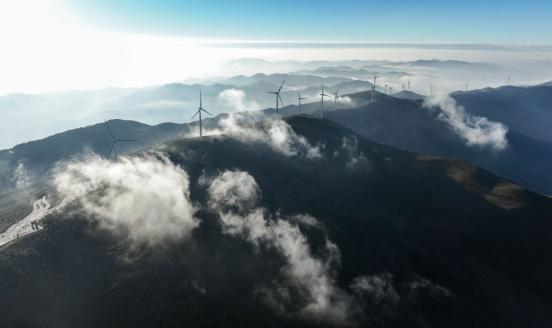Towards a zero-carbon and digital energy system: which policy challenges for Europe?
Decarbonisation and digitalisation: two mega trends that will change the European energy system.
Speakers
Alissa Alissa Decarbonnel
EU Energy & Environment Correspondent, Thomson Reuters,
Michael Grubb
Professor of International Energy and Climate Change Policy at University College London, London, UK,
Jean Jacques Marchais
Director of Energy Efficiency Standardisation and Regulation, Schneider Electric,
Mark van Stiphout
Deputy Head of Unit, New energy technologies, innovation and clean coal, European Commission,
SUMMARY
SEE BELOW FOR THE VIDEO, AUDIO AND EVENT MATERIALS
In this event, Simone Tagliapietra presented the preliminary results of a Bruegel study on the main trends of the energy sector: decarbonization, digitalization and decentralization. The 2030 decarbonization targets are binding, as do the ones related to the 2050 scenario, so all energy sectors need to be considered. In the electricity sector, the main decarbonization pathways are energy efficiency, increased role of renewables and CCS (Carbon Capture and Storage). Each of them have important issues or constraints, but should be parallelly employed to reach the long-term goals. Heating and cooling has never been tackled until recently, although it represents 50% of the EU total final energy consumption. It is a highly fragmented market and thus needs to be tackled at the local level, for instance through district heating and recovering waste heat from industrial clusters. The transport can be decarbonized thanks to an improvement of ICE efficiency, an increased role for public transport and a modal shift towards bike- and car-sharing. Industry has similar decarbonization options to the energy sector and also in this case the coordination at the local level is crucial.
There are two main policy challenges that stem from this analysis. An increased interaction between sectors, favored by ICT, implies the emergence of new industrial models, the need for new market designs and a higher coordination between the EU, national and local levels of governance. Secondly, the role of cities will have to increase. The Covenant of Mayors is a good initiative, but more competences and fiscal space should be given to cities, taking inspiration from virtuous examples such as Copenhagen.
Mark van Stiphout explained the main initiative by the EU Commission on renewables, energy efficiency, heating and cooling and energy market legislation. The Juncker Commission is no more operating in silos, with better links across areas. The commitment of the EU to COP21 needs to be linked to jobs and growth, thanks to innovation, access to capital and investments. To release the potential for decarbonization of heating and cooling, renewables will have to be integrated into the electricity market and be allowed more flexibility, using the house as a storage unit and thanks to demand-response. A greater value should be given to flexibility, to make it easier to participate in the electricity market, by exploiting the digitalization trend. However, one should be aware of risks of such transition, such as the technology lock-in. Cities should act as a facilitator and investor for consumers to be integrated in the system. Such level of decentralization in only made possible by ICT and we thus need clearer rules on interoperability, standardization and accessibility of data.
Jean Jacques Marchais dwelled with the three main trends of the energy sector. Decarbonization: the Paris agreement came into force very quickly but the 2 degrees goal is still too far. We should invest in energy efficiency and renewables. Decentralization: half of power generation will be distributed, batteries’ prices are plunging and energy users will become prosumers. All these developments point at districts, as the aggregation of citizens and businesses, to have a key role. Digitization: ICT allows all such trends, but must be secure and reliable. Privacy and cybersecurity issues must be tackled at the policy level.
Michael Grubb stressed as well the importance of the “three D’s”. Decarbonization, in particular, is not seen as a major political driver but as an input to innovate the system. Regarding decentralization, the main question is whether there is enough capacity for cities’ needs. MG then pointed out that in Southern Europe there is enough solar power as in Northern Europe there is wind, especially off-shore, so it is more an internal issue. Indeed, the EU market works well for optimizing and allocating efficiently resources, but then the redistribution task related to social investment is up to national governments.
Event Notes by Enrico Nano
VIDEO AND AUDIO RECORDING
EVENT MATERIALS
Presentation by Simone Tagliapietra
Presentation by Jean-Jacques Marchais
Presentation by Michael Grubb







